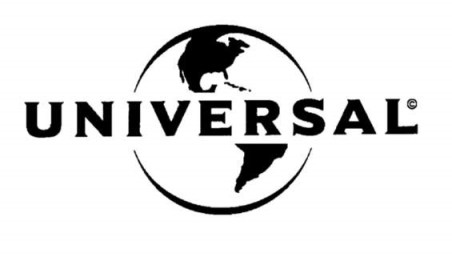
U.S. District Judge Howard Matz on Friday dismissed the 2007 suit in which Universal accused Veoh of supporting and inducing copyright infringement.
Matz ruled that Veoh was taking reasonable steps to prevent and take down infringing videos uploaded by its users and that gave it protection from copyright suits in federal law.
Veoh CEO Dmitry Shapiro called the decision “a great victory.” The company noted that with the ruling, it expects to become profitable within the next two quarters.
The lawsuit cost “many millions of dollars” to defend, money that would now be reinvested in the business, he said.
“We’ve been dragging a giant boulder on a chain. This frees us,” Shapiro said. “This lawsuit was simply Universal’s attempt to prevent innovation and shut down the company.”
Privately held Veoh was founded in 2004 and to date has raised $70 million from such investors as Shelter Capital Partners, Michael Eisner, Goldman Sachs, Time Warner Inc., Intel Corp. and Adobe Systems Inc.
Universal, a unit of France’s Vivendi SA, said it will appeal the decision to the 9th U.S. Circuit Court of Appeals, saying it runs counter to precedent and the intent of the Digital Millennium Copyright Act enacted in 1998.
“The balance between copyright holders and technology that Congress sought in enacting the DMCA has been upended by this decision,” Universal said in a statement.
Both companies engage in licensing deals with others to share advertising revenue generated from videos, highlighting the poor relationship at the heart of the dispute.
Settlement talks over the years have fizzled in acrimony.
“We never once had a business conversation with Universal Music Group. It was always about litigation,” said Joshua Metzger, Veoh’s general counsel and a senior vice president.
Veoh has licensing deals with major media companies including Viacom Inc., Time Warner Inc. and The Walt Disney Co.
It also has a licensing arrangement with Sony Corp.’s music entity, but not with either Warner Music Group Corp. or EMI Group PLC.
Universal has ad revenue-sharing deals with music streaming sites such as imeem and last.fm, as well as Google Inc.’s YouTube, with whom it is developing a free-to-watch online music video application called Vevo set to launch later this year.
Veoh now regularly takes down Universal artists’ music videos when given notice by the recording company.


